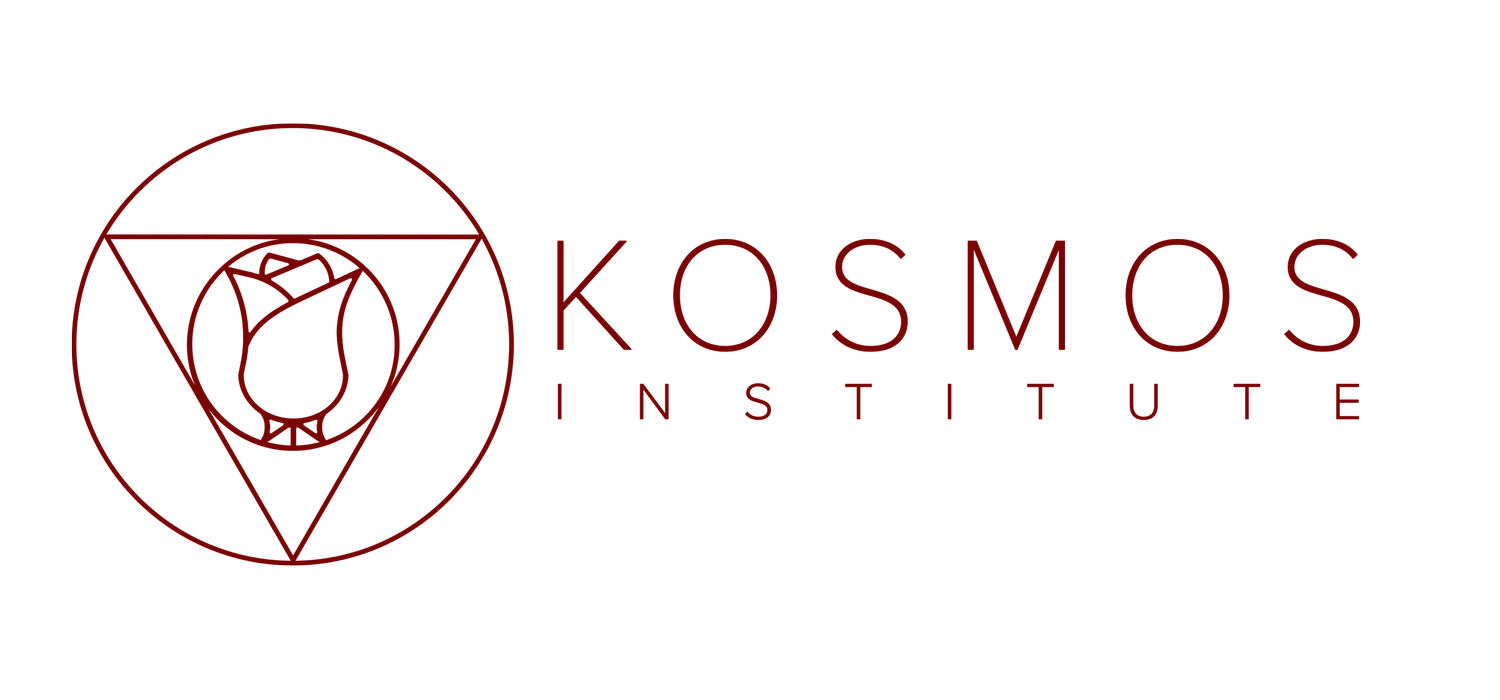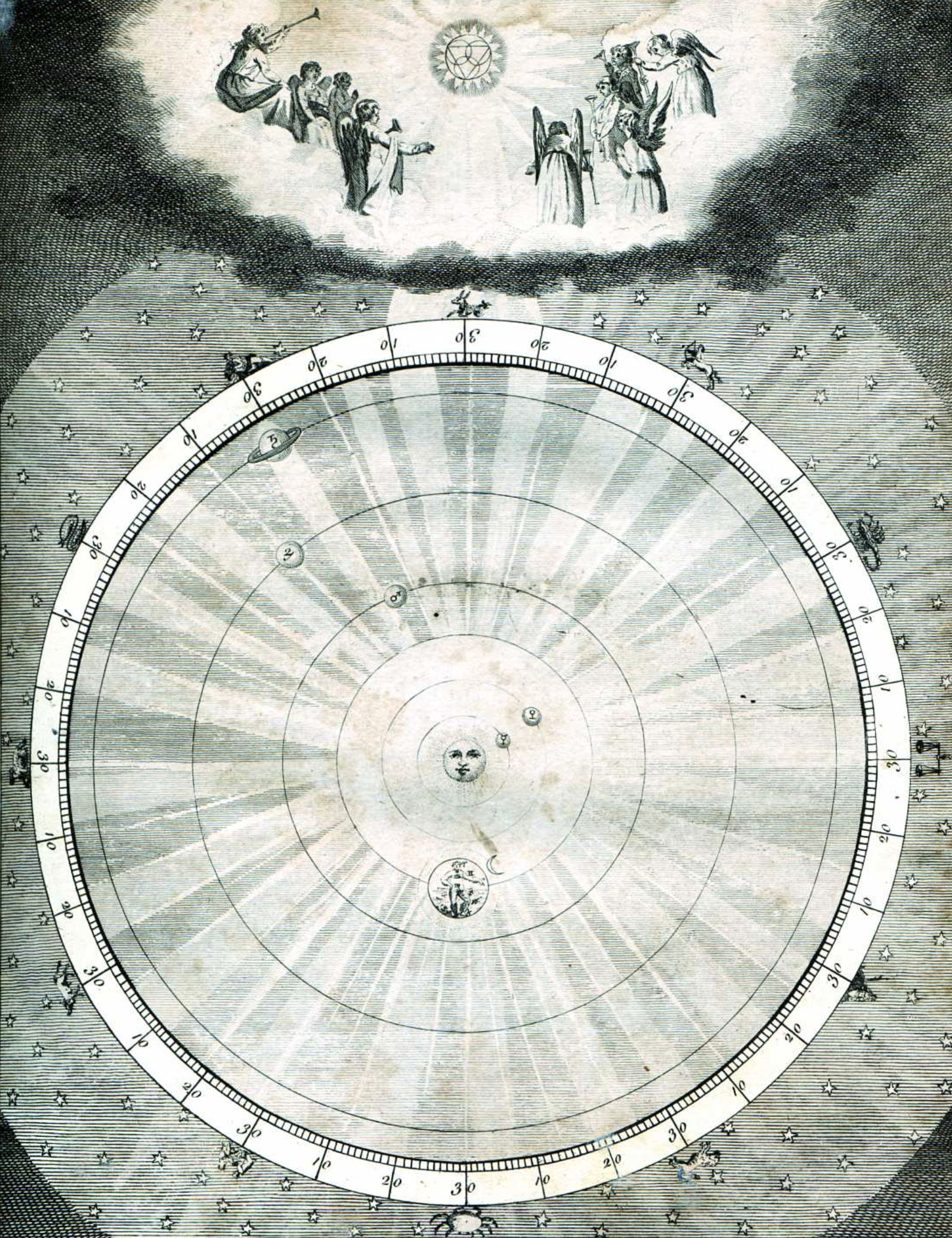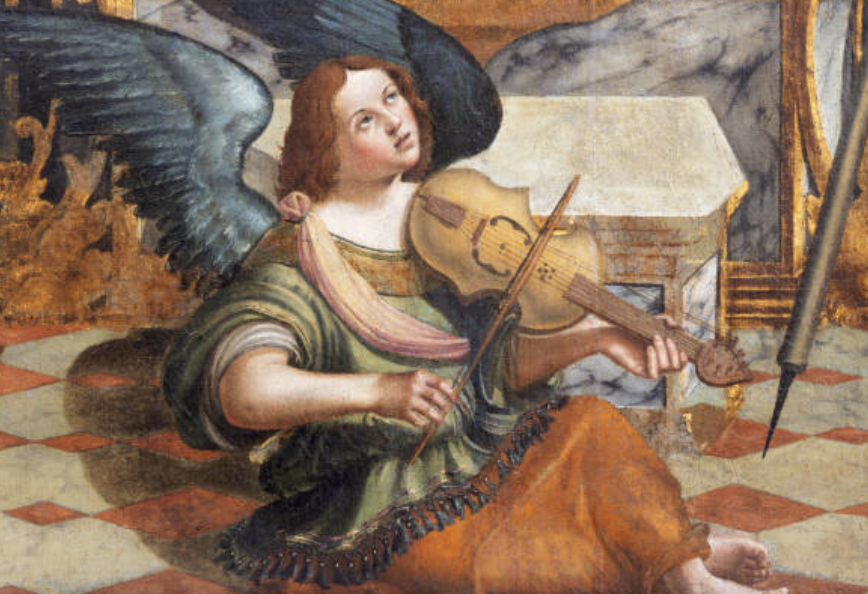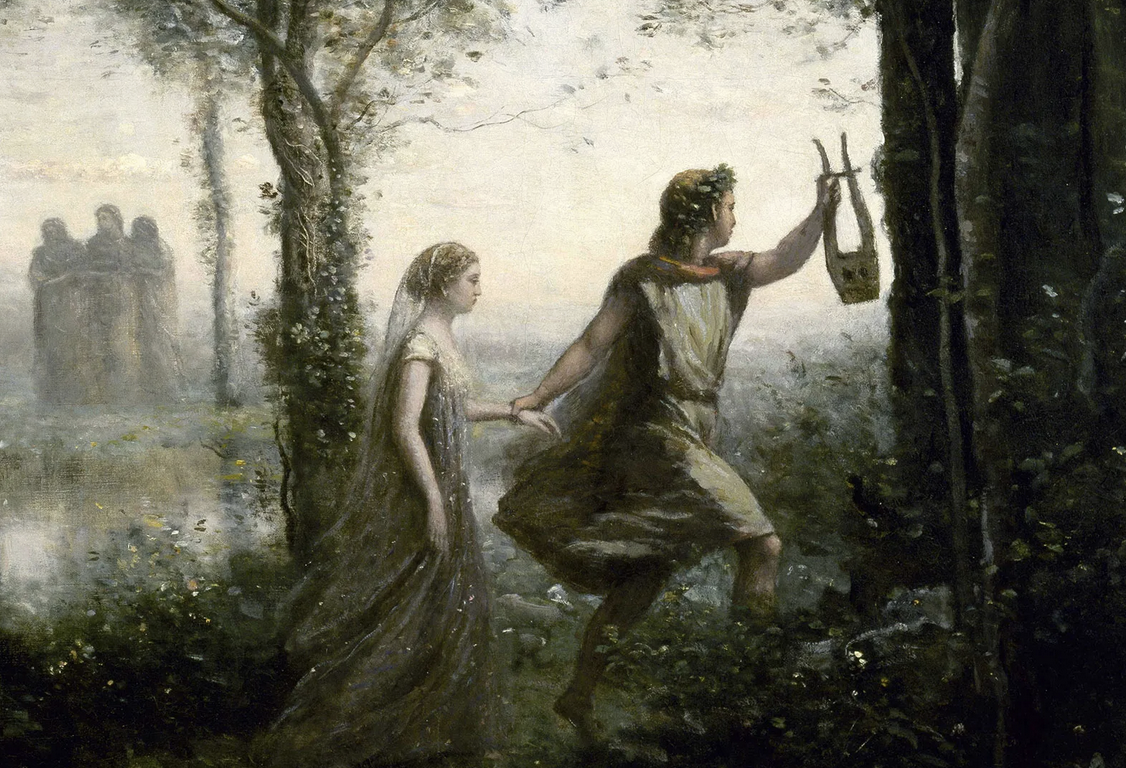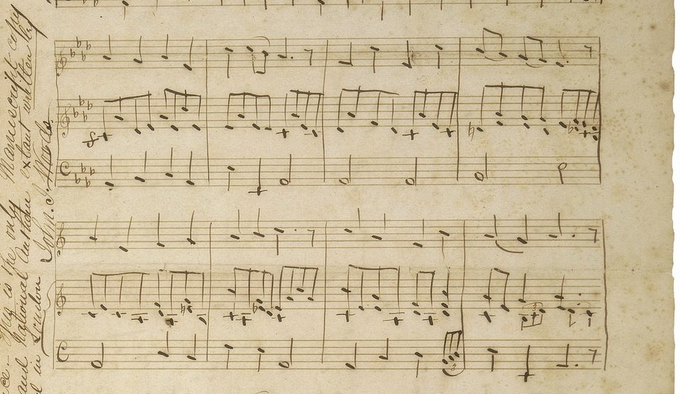Music, Magic, & Consciousness
Music, as a form of knowledge, transcends conceptual thought and opens a transformative path to the inner essence of reality. In ancient Greek philosophy, music was understood not merely as an art but as mousikê—the breath of the Muses and a sacred science and symbolic language revealing the harmony of the cosmos. It is both a bridge between myth and reason, and a connection between the intuitive and the mathematical, form and formlessness, all woven into the sonic fabric of existence.
This program combines an exalted conception of music, understanding it as metaphysical inspiration and divine or celestial music, but also emphasizes the power of symbolism. Music is not only a vehicle for divine communication, but also a transformative practice that incarnates higher ideals in acoustic symbols, guiding us toward an experience of unity, transcendence, and interconnectedness. Through sound, music becomes an expression of the mediation and connective power of love, and of the dynamism of life in all its interrelated aspects.
In this context, magic becomes a way of awakening or re-activating the connection to the divine—a conscious realization of the sympathy that permeates the cosmos. The transformative power of music, understood as theurgy, enables us to make conscious this divine connection, helping us attune to the universal vibratory essence that governs all of creation. This corresponds to the metaphysical role of sound, with music functioning as both a catalyst for spiritual realization and as a medium for connecting with the divine spark inherent in all beings.
As we become attuned to the cosmic music, our consciousness is transformed, promoting the activation of noûs within the soul. This leads to the reenactment of the musical demiurgia or diakosmesis, reawakening our inner synthema (divine symbol, essence and spark) and harmonizing our individual consciousness with the cosmic order. The process leads to a higher state of being, and the life focused on eudaimonia—the flourishing and integral development of all possibilities, culminating in union with the divine transcendent One or the Absolute.
Study Area Overarching Themes
Harmony with the Cosmos and Hymns to the Gods
Music’s first dimension is its contemplative and ritual role as a hymn to the gods, invoking the divine presence and attuning the soul with the cosmic order. This act of theurgy draws the soul into harmony with the divine, awakening attentive reverence for the universe and the principles of its life.
Identification with the Inner Voice of Beings and Nature
Music connects us with the synthema, the inner creative vibratory rhythm of every being, revealing the interconnectedness of all creation. Through resonance, music reawakens the sacred rhythm of existence, embodying the divine spark within each individual.
Music as a Mathematical and Contemplative Science
As part of the quadrivium, music reveals the order of the cosmos through its mathematical structure. Proportion, harmony, beauty and periodicity reflect the logos of creation, and when assimilated within, they guide the soul’s ascent from the sensible to the intelligible, reminding it of its divine origins.
Music as Catharsis and Education
Music has therapeutic power, guiding the soul from division and dismemberment towards harmony and balance. It aligns the rational, spirited, and appetitive parts of the soul, creating unity and preparing it for the contemplation of intelligible beauty. Through catharsis and metriopatheia, music refines our receptivity and fosters scholê as a space adapted to the nourishment of a mode of life leading to the activation of noûs and eudaimonia—a harmonious, flourishing life.
Music as the Science of Love
These dimensions converge under the vision of music as a sacred science of love, in line with Proclus’s interpretation of Plato. Through Apollonian harmony, Dionysian longing for union and affective resonance, mathematical proportion, and ethical catharsis, music bridges the subjective and objective, nature and spirit, being and non-being. It embodies a cosmic wisdom or philosophia that awakens both the intellect and the soul, activating the “flower of the soul” or the summit of human potential, ultimately reuniting them with the divine harmony of the cosmos and its origin in the plenitude of Silence.
In this vision, music is not merely an art or science, but a way of life—a transformative journey that resonates with the plenitude of silence, the cycles of emanation and return, and ultimately, reabsorbs into the infinite. Music becomes a living hymn of praise, a harmonizing force of the Muses that integrates the multiplicity of existence into the unity of the One, represented by Apollo.
By completing the courses in this study area, participants will:
Develop a profound understanding of the philosophical, symbolic, and mystical dimensions of music in ancient Greek and Neoplatonic traditions.
Explore music’s role as a bridge between the human and divine, fostering inner discovery and metaphysical insight.
Gain insight into the influence of these traditions on Western classical music, from antiquity to Romanticism.
Articulate the interplay of music, myth, magic, and metaphysics in shaping human consciousness and spiritual practice.
This program invites participants to rediscover music as a transformative mode of knowing, where harmony represents the plenitude of being. It explores magic as the interconnectedness of all, linking proportion, sympathy, harmonious development, intelligible life, and consciousness. In this framework, sound becomes a vehicle and bridge to intelligible harmony and the divine.
Courses by Dr. Sebastian F. Moro Tornese
Music and Mythology: Mysteries, Symbols, and the Divine
2026
Neoplatonic Echoes: Music in the Western Classical Tradition
2026
Studies in Mantra Science with Mary Magyar
Faculty
Dr. Sebastian F. Moro Tornese
Born in Buenos Aires, Argentina, Dr. Moro Tornese pursued studies in the United States and later moved to Spain where he earned a Master's degree from the University of Oviedo. Subsequently, at Royal Holloway, he completed his doctoral work under the supervision of Professor Anne Sheppard with the support of scholarships from the Arts and Humanities Research Council, UK, and The Hellenic Institute at Royal Holloway. His focus was on the Neoplatonic philosophy of music, exploring the concept of cosmic harmony in Proclus’ Commentaries on Plato’s Timaeus and Republic.
He engaged in postdoctoral projects at Pompeu Fabra University, Barcelona, with a Haas Association scholarship, and at the Eugenio Trías Center for Philosophical Studies, sponsored by "Caixa Bank". His postdoctoral research delved into the philosophical implications of Pythagorean-Neoplatonic musical thought, studying concepts such as universal harmony, cosmic sympathy and the musical conception of the “Anima Mundi” ("World Soul") and “Scala naturae” (Great Chain of Being).
He served as an associate professor of Medieval philosophy at Pompeu Fabra University, where he also taught courses on Ancient and Medieval Aesthetics and Philosophy of Music. Additionally, he was a professor of Rhetoric in the Master's program in Literary Journalism and Humanities at the Autonomous University of Barcelona.
Ms. Mary Magyar
Mary (Shubha) Magyar is a certified Ayurvedic Life Style Counselor and her experiential teachings support the ancient traditions of Yoga, healing Asana, Tantra, and Mantra for the well-being of mind, body, and spirit. She offers these teachings at Open Space Yoga and Ayurveda Hawai'i on Oahu's North Shore. A practicing yogini for over thirty years, Ms. Magyar works tirelessly to deliver the authentic teachings of mantra science to students across the world.
Mary has studied with Dr. David Frawley of the American Institute of Vedic Studies and teaches the institute's 'Ayurveda Healing Course'. She is also studying Kerala Ayurveda and Jyotisha with Dharma Widmann. Learn more at yogaopenspace.com
